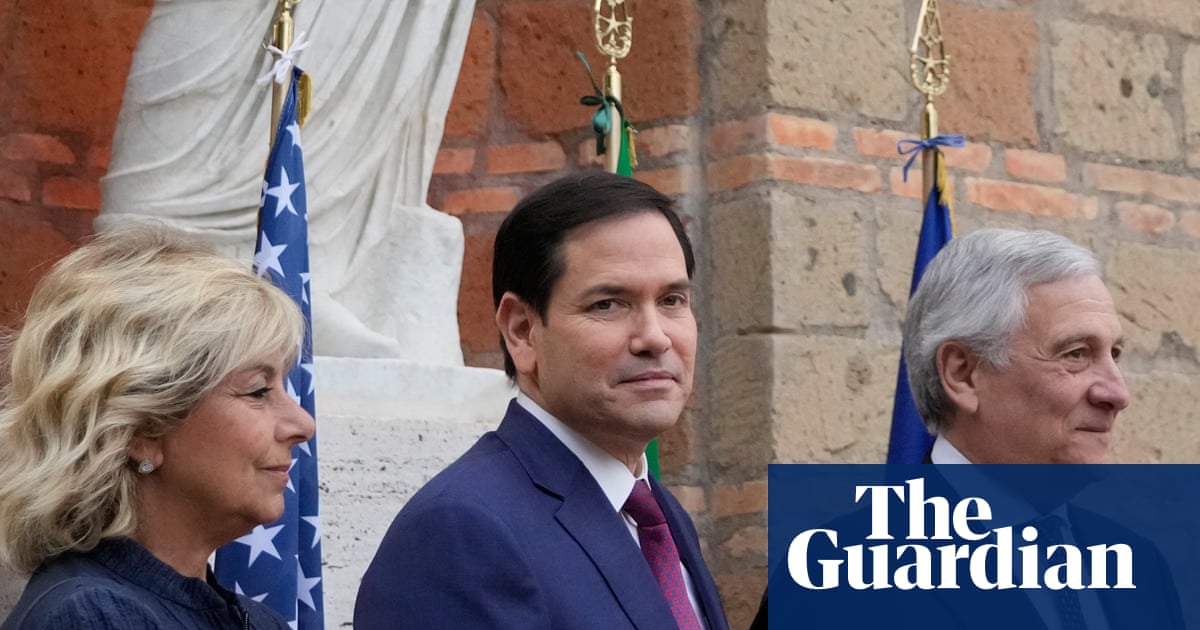US presidentDonald Trump will speak to Vladimir Putin on Mondayto stop the “bloodbath” war in Ukraine, saying the conflict is killing thousands of soldiers a week, “AND TRADE.”Trump wrote on social mediahe would follow-up that chat with another with Volodymyr Zelenskyy so the war “WILL END,” Oliver Millman reports.
The leaders of Germany and Italy saidEurope is a long way away from deploying any troops in Ukraineas all efforts remained focused on an unconditional ceasefire deal from Russia. Friedrich Merz, Germany’s chancellor, said there was “no reason” to talk about troops, adding “we are far from that.”
Zelenskyy called for tougher sanctions on Moscowafter a Russian strike on a minibus killed 9 people.Ukrainesaid the vehicle was evacuating civiliansfrom a town in the Sumy region that has recently come under repeated Russian attacks. “All the deceased were civilians,” Zelenskyy wrote on X. “And the Russians could not have failed to understand what kind of vehicle they were targeting.This was a deliberate killing of civilians.”
The Ukrainian president has been meeting with a slate of leaders in Rome as heappeals for support in the ongoing talks. On X, Zelenskyy said he’s focused on a ceasefire, humanitarian commitments from allies and efforts to rebuild Ukraine once the conflict ends.
US secretary of state Marco Rubio suggestedthe Vatican could serve as a future venue for Russia-Ukraine peace talks, building on Pope Leo XIV’s vow to make “every effort” to help end the war. “I think it’s a place that both sides would be comfortable going,” Rubio told reporters.
Russia’s foreign minister, Sergei Lavrov, spoke with Rubio and saidhe welcomed the “positive role” of the USin helping to continue talks between the Kremlin and Ukraine.
But Russia’s lead negotiator invoked the Kremlin’s past wars asit threatened the potential for a long conflict in Ukraine,Pjotr Sauer reports. “We don’t want war, but we are ready to fight for a year, two, three – as long as it takes,” Vladimir Medinsky reportedly told his Ukrainian counterparts. “We fought with Sweden for 21 years.How long are you ready to fight?”
Canada’s prime minister, Mark Carney, reaffirmed the country’s support for Ukraine in his first face-to-face meeting with Zelenskyy.“Canadian people will stand in steadfast and unwavering support,”Carney told the Ukrainian president. “We underscore that there can be no peace without the full support and participation of Ukraine, and that you have our absolute support.” The two met in Rome during the inaugural mass of the newly elected Pope.
